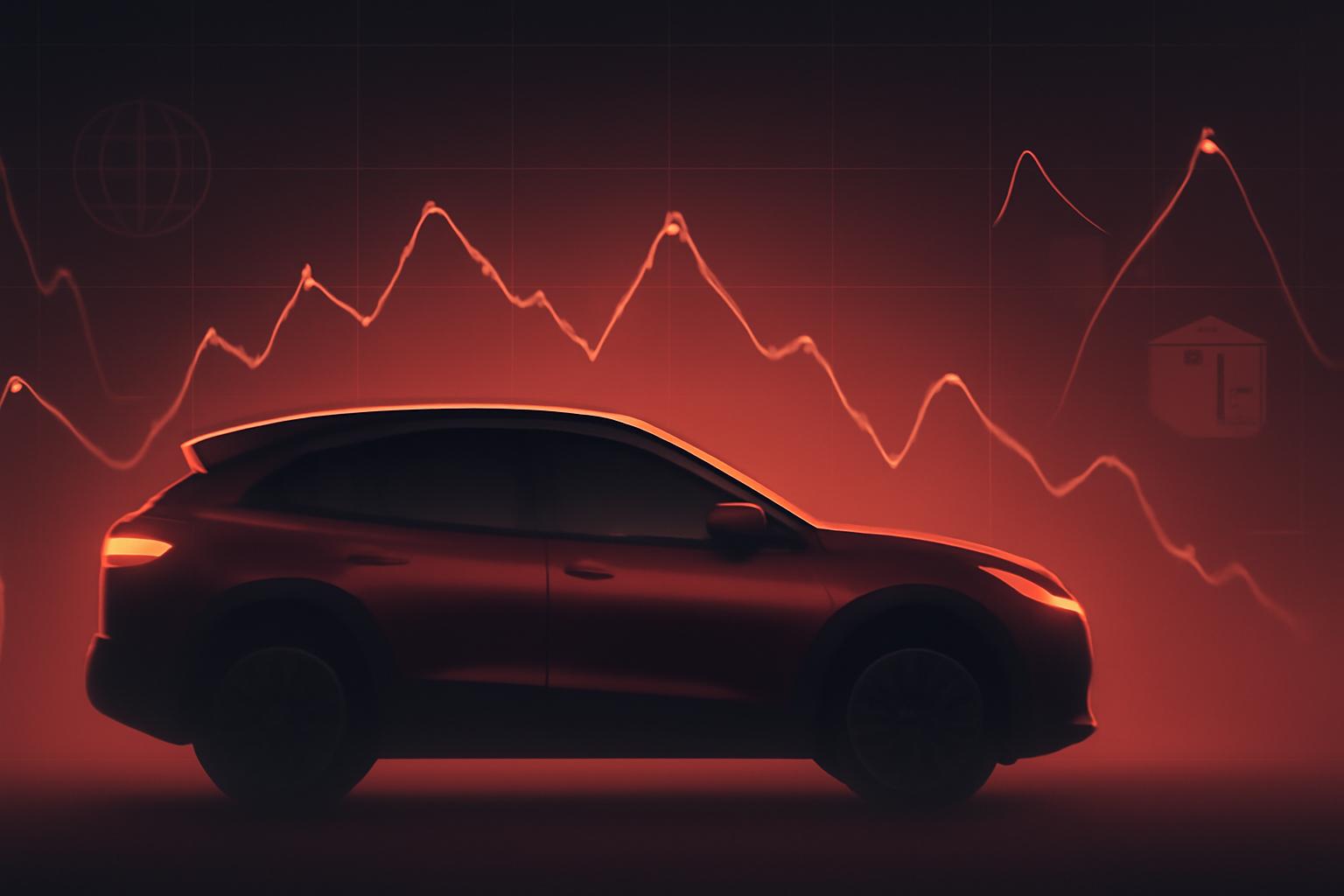Rivian Revises 2025 Sales Forecast, Anticipates Decline
Rivian has adjusted its 2025 electric vehicle delivery forecast, anticipating no more than 43,500 units sold by year-end. This projection reflects a nearly 16% decrease compared to last year’s sales, signaling a contraction in the company’s growth trajectory. The revised guidance was disclosed alongside third-quarter production and delivery figures. Rivian reported Q3 deliveries of 13,201 vehicles, improving from 10,661 in Q2 and 8,640 in Q1, supported by production of 10,720 EVs during the quarter.
Production Gains Amidst Sales Pressure
While quarterly delivery numbers show a positive recovery from earlier in the year, the company has effectively confirmed that total deliveries for 2025 will fall short of those recorded in both 2023 and 2024, when Rivian sold just over 50,000 vehicles.
Market and Regulatory Challenges Impact Growth
Rivian’s sales challenges arrive as the company prepares to launch its more affordable R2 SUV in 2026, a model expected to significantly increase volume. Substantial investments have been made to expand the Normal, Illinois facility and construct a new factory in Georgia to support production of the R2 and the upcoming R3 hatchback. Initially, Rivian projected 2025 deliveries between 46,000 and 51,000 vehicles, aiming to match 2024’s total of 51,579 units. However, in May, the company revised the forecast downward to a range of 40,000 to 46,000, citing the impact of evolving trade regulations and tariffs introduced by the Trump administration.
“The evolving trade regulation, policies, tariffs and the overall impact these items may have on consumer sentiment and demand” were cited by Rivian as reasons for the lowered sales guidance. Most recently, the company narrowed its delivery estimate to between 41,500 and 43,500 vehicles.
EV Market Dynamics and Federal Policy Influence
The U.S. electric vehicle sector faces headwinds amid regulatory shifts under the Trump administration, which has taken a less supportive stance toward EVs and renewable energy. Many automakers have delayed or canceled EV launches and supported efforts to roll back emissions standards. Despite these challenges, the third quarter saw a surge in EV sales across major manufacturers, driven largely by consumers rushing to capitalize on the expiring $7,500 federal EV tax credit. Tesla notably achieved record deliveries during this period. Rivian, however, did not benefit equally from this rush, as its vehicles qualified for the credit only when leased, limiting direct consumer incentive.
Leadership Perspective on Competitive Landscape
CEO RJ Scaringe expressed confidence in Rivian’s long-term prospects despite near-term sales setbacks. In August, he highlighted the potential advantage for dedicated EV manufacturers like Rivian and Tesla in a market where federal subsidies are phased out.
“As we play out the rest of the 2020s, you’re going to have a vacuum of competition, and the pure-play EV-focused companies — Rivian, Tesla, there’s not very many — because they’re completely and fully focused on electrification, will have the advantage of a pretty thin competitive playing field.” Scaringe criticized some competitors’ strategies of producing loss-leading EVs primarily to generate regulatory credits, which Rivian believes will become unsustainable without federal subsidies.
FinOracleAI — Market View
Rivian’s downward revision of its 2025 sales forecast underscores the significant operational and market challenges facing emerging EV manufacturers. While production improvements are evident, external factors such as trade tariffs and shifting consumer incentives are constraining demand.
- Opportunities: Launch of the affordable R2 SUV and expanded manufacturing capacity could drive substantial volume growth beyond 2025.
- Risks: Ongoing trade tensions and regulatory uncertainty may continue to suppress consumer demand and inflate production costs.
- Competitive Landscape: Reduced federal subsidies may benefit pure EV manufacturers like Rivian by limiting market distortions caused by legacy automakers.
- Market Sentiment: Consumer hesitancy amidst policy shifts poses a challenge to near-term sales recovery.
Impact: Rivian’s revised sales outlook signals a cautious near-term market environment but highlights strategic positioning for long-term competitiveness in the EV sector.













